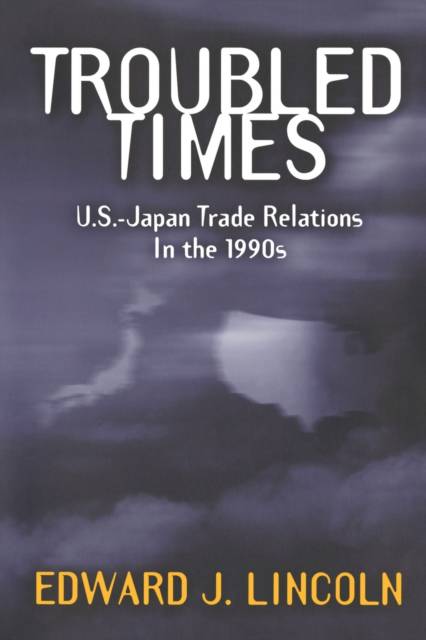
- Retrait gratuit dans votre magasin Club
- 7.000.000 titres dans notre catalogue
- Payer en toute sécurité
- Toujours un magasin près de chez vous
- Retrait gratuit dans votre magasin Club
- 7.000.000 titres dans notre catalogue
- Payer en toute sécurité
- Toujours un magasin près de chez vous
Description
In this book, Edward J. Lincoln tackles the thorny issue of U.S. trade relations with Japan, the subject of so much tension in the 1990s. In so doing, he builds on his earlier Brookings book, Japan's Unequal Trade. Lincoln argues that statistical evidence shows only modest progress in diminishing Japan's ""distinctiveness."" Despite an upturn in the mid-1990s, import penetration, intra-industry trade, and inward foreign direct investment all remain low relative to most other nations. High profile negotiating efforts by both the Bush and Clinton administrations made progress in chipping away at protectionist barriers but fundamental problems remain. While Lincoln offers suggestions on what needs to be done by both sides, the most important lesson drawn from recent experience is that expectations should be lowered. Any feasible approach to making markets more open in Japan is likely to yield slow progress. Such realism--not to be confused with defeatism--is the only approach that has any chance of realizing gains over time.
"Spécifications
Parties prenantes
- Auteur(s) :
- Editeur:
Contenu
- Nombre de pages :
- 336
- Langue:
- Anglais
Caractéristiques
- EAN:
- 9780815752677
- Date de parution :
- 01-05-99
- Format:
- Livre broché
- Format numérique:
- Trade paperback (VS)
- Dimensions :
- 155 mm x 229 mm
- Poids :
- 494 g







